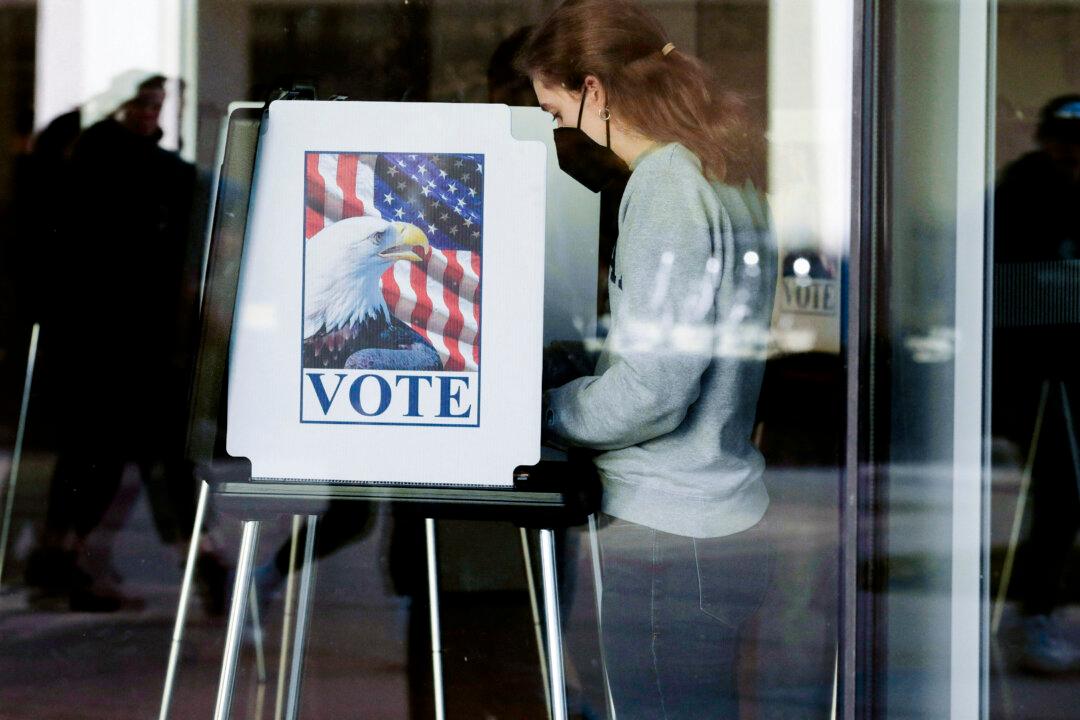Election officials in Michigan have revealed that the government, and anyone else, can know whom a person voted for in certain circumstances involving both federal and state elections.
The simple process—described by the state Bureau of Elections (BOE) in a July legal proceeding—involves cross-checking the “Type of Voting” column on the state’s Qualified Voter File (QVF) with a statutorily required posting of election results by county clerks.





